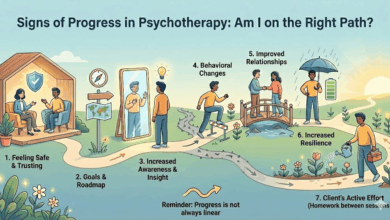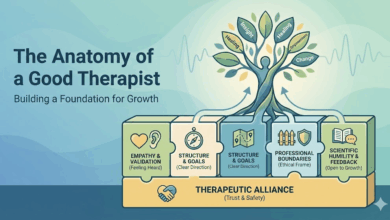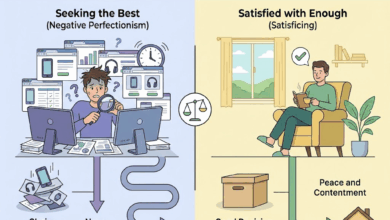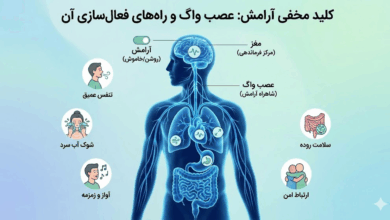How to Control Your Emotions: A Scientific Look at Emotional Regulation in Everyday Life

When the Wave Hits; What Keeps Us from Drowning
Emotions move through us all day long. Anger, joy, fear, guilt, calm; each arrives in its own time and leaves traces behind. The real difference between someone who feels their emotions and someone who is ruled by them lies in one ability: emotional regulation. A study published in Frontiers in Psychology, titled Emotional Regulation Strategies in Daily Life, explores how people manage emotions in real situations, and when those efforts actually work.
Researchers followed participants over several days to see how they dealt with strong feelings outside the lab, in real life. Each person was asked to describe what they did when they felt angry, anxious, or upset: Did they try to change their thoughts? Hide their feelings? Step away from the situation? Then scientists measured how successful each strategy was based on the intensity of the emotion being felt.
The findings were revealing. The intensity of emotion determines which strategies work. When feelings are mild, the mind can still think clearly, and techniques like cognitive reappraisal — changing the way we interpret a situation — are effective. For instance, instead of seeing a late coworker as disrespectful, you might remind yourself that traffic happens or maybe they had a rough morning. But when emotions run high — deep anger, panic, or intense anxiety — the mind loses analytical control. In those moments, situational strategies like taking a break, staying quiet, or physically leaving are more effective.
No single method works all the time. The key is to recognize how intense the emotion is and match your response to that level. If you notice early that a feeling is rising, you can guide it. Wait too long, and it usually takes over.
The study also found that suppressing emotions — holding everything in and pretending to be fine — may bring short-term calm but leads to long-term stress, both psychological and physical. On the other hand, people who consciously reframe their feelings and use language to express them feel more in control of their lives. Language here plays a therapeutic role: saying “I’m starting to feel angry” or “this situation is making me anxious” actually shifts the brain from reactive mode to reflective mode.
Many participants admitted that in social settings — at work or among friends — they were more likely to suppress emotions to avoid judgment or conflict. But that suppression builds pressure that can explode later in small, unrelated moments. That’s why the researchers emphasize learning to express emotions respectfully but openly, even if it feels slightly uncomfortable at first.
One of the study’s most striking insights was that emotional regulation isn’t about calmness; it’s about courage. To regulate emotion, you must first acknowledge it. Most people try to escape anger or sadness, but simply recognizing them begins the process of healing. In that recognition, the brain shifts from reacting to reflecting, and that shift alone eases the emotional load.
Put simply, the mind is like the sea. Emotions are waves. You can’t stop them, but you can learn how to swim. In calm waters, you can adjust your course; in heavy waves, you can float and wait. Either way, the goal isn’t control; it’s balance.
The researchers conclude that the purpose of regulating emotions isn’t to eliminate them. Emotions are messengers, part of our biological intelligence. The goal is to create just enough distance between self and feeling to choose a wiser reaction. Each time we manage to keep that distance, the brain learns to pause before it reacts; and in that pause lies the seed of peace.
In the end, this study paints a grounded picture of the modern mind: we live surrounded by stimuli, our emotions triggered before we can name them. In such a world, emotional regulation isn’t luxury; it’s survival. Those who can recognize, name, and respond consciously to their emotions aren’t cold or detached; they’re simply present.




